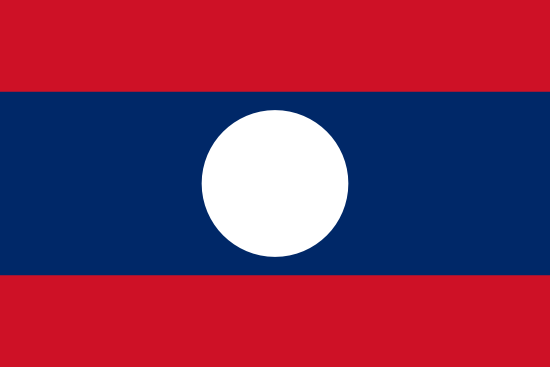
Health Insurance in Laos, Asia
Information expatriation
Capital City: Vientiane
Total area: 236,800 km2
Population: 5,859,000
Money: Currency Converter
Time Zone: List of time Zones by Country
Calling Code: +856 XXX
Practical Information:
Wikipedia Laos
Health insurance plans: Travel Insurance and Health insurance
Health Insurance information and Sanitary Risk: World Health Map
BLOG: Expat Health insurance Information
Here is a brief description of the healthcare system in the country:
· Laos is transitioning to a universal public healthcare system but it remains underdeveloped and underfunded.
· The Ministry of Health oversees primary care services delivered through district hospitals, health centers and village clinics of uneven quality.
· Private providers and traditional medicine also play an important role where public options are limited.
· Around 5% of GDP is spent on healthcare with over half being out-of-pocket costs due to limited social safety nets.
· Public health priorities include infectious diseases, maternal and child health, and lack of specialty/critical care capacity.
· Shortages of providers, infrastructure and medical equipment outside major urban areas impair access.
· Reforms aim to decentralize health administration, train rural health workers, and expand social health insurance programs.
Here are some key health considerations for expatriates living in the country:
· Purchase comprehensive international medical evacuation insurance. Quality care is limited outside major cities. This should be a top priority.
· Consider registration with private clinics in Vientiane or provincial capitals for reliable treatment standards.
· Bring needed prescription medication supplies as availability varies greatly between public/private pharmacies.
· Get routine vaccines plus others required in Southeast Asia like Hepatitis A, Japanese encephalitis, etc.
· Strictly follow preventive measures for infectious diseases like malaria, dengue - transmission risks seasonally.
· Have an emergency evacuation plan in place involving your employer and international evacuation capabilities.
· Address any chronic conditions through medical checks on arrival to understand coverage limitations.
· Carry basic medical supplies like rehydration salts as dehydration is common.
· Learn some Lao language phrases to aid communication in remote or village settings if needed.
